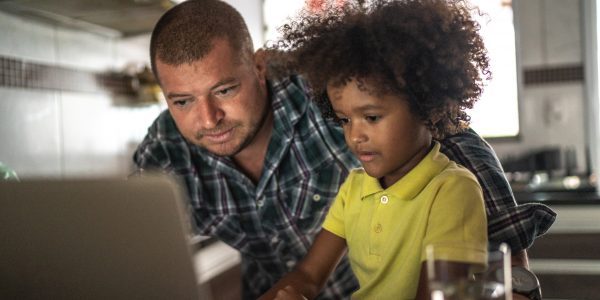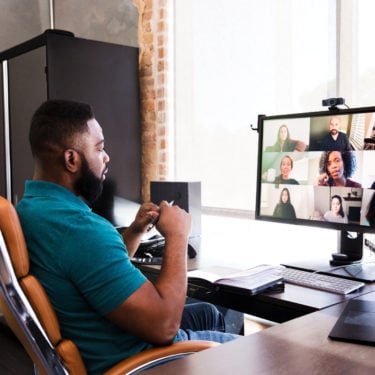
- Date and time
- Fri, 24 June 2022
- 11:00 - 13:00 BST
Digital inequalities in access, skills, and capabilities impact all aspects of citizens’ lives, be that work, education, leisure, health, or well-being.
“A minimum digital standard of living includes, but is more than, having accessible internet, adequate equipment, and appropriate training and support. It is about being able to communicate, connect and engage with opportunities safely and with confidence.”
This definition has emerged from initial focus groups during the first phase in a proof-of-concept study to set a Minimum Digital Living Standard for UK households with children and to develop a Minimum Digital Living Standard for Wales (supported by the Welsh government).
The research team, led by Professor Simeon Yates at the University of Liverpool, aims to capture the minimum basket of digital goods, skills and services households need to have an adequate quality of life and participate in society. Using a mix of focus groups, face to face interviews and UK-wide surveys the team will create a geographic model of minimum digital living standards in different areas of the UK that is complemented by data on broadband provision and access to local training.
Speakers
-
Professor Simeon YatesProfessor of Digital CultureUniversity of Liverpool
-
Catherine DennisonProgramme Head, WelfareNuffield Foundation
-
Lisa ThomasDigital Inclusion Senior Policy OfficerWelsh Government
-
Dr Emma StoneDirector of Evidence and EngagementGood Things Foundation
-
Abigail DavisCo-Director of and Senior Research FellowCentre for Research in Social Policy, Loughborough University
-
Katherine HillSenior Research AssociateCentre for Research in Social Policy, Loughborough University
















